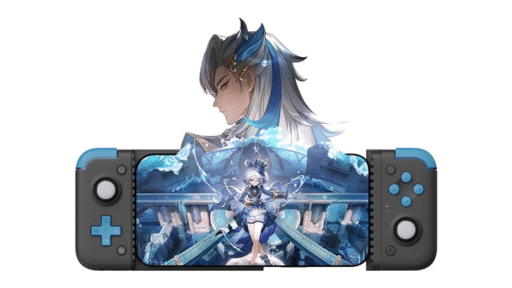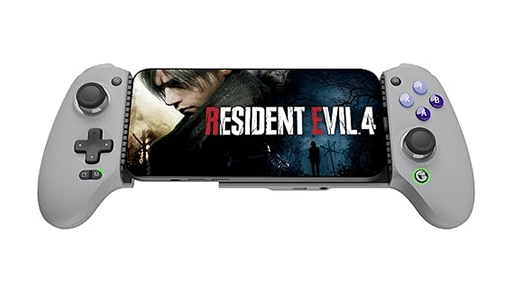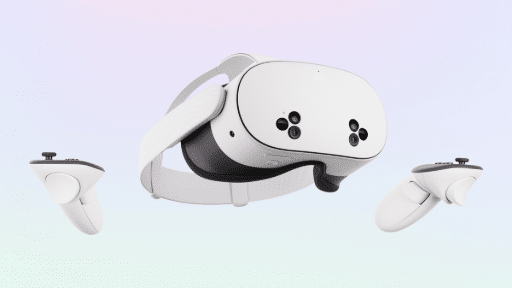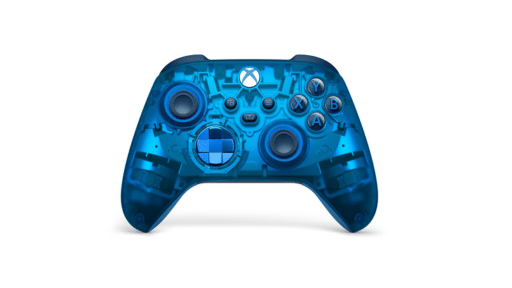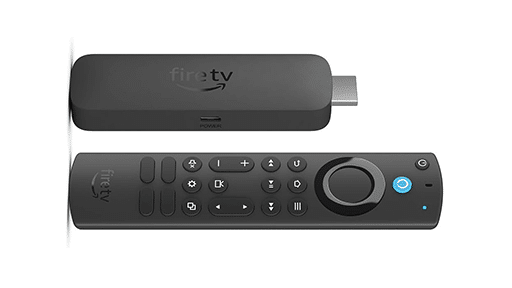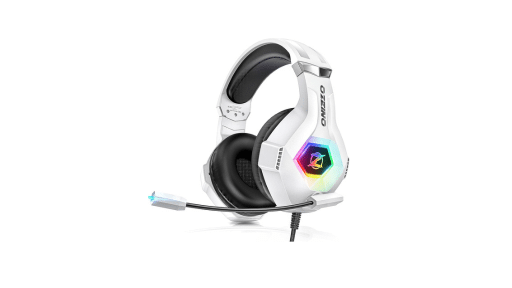
In the ever-shifting landscape of digital entertainment, a fascinating migration is underway. PC games, once locked away on powerful rigs and within sprawling Steam libraries, are now finding new homes in the smartphones we carry everywhere. But this is no simple move. Cloud gaming hovers above, quietly facilitating this transition, offering an intriguing middle ground. Frostpunk: Beyond the Ice is a prime example, embarking on a journey from desktop to mobile with all the elegance of a penguin on roller skates.

As Sherry Turkle, who has long studied the intersection of technology and identity, once said, “Technology doesn’t just do things for us. It does things to us, changing not just what we do, but who we are.” This migration of games from one platform to another speaks volumes about how our devices are reshaping our habits—and our lives. But what does this convergence mean for the gaming experience itself?
Cultural theorist Johan Huizinga explored play as a fundamental aspect of human culture, and his words resonate here: “Play is older than culture, for culture always presupposes human society, and animals have not waited for man to teach them their playing.” As gaming shifts from its dedicated roots on PCs to the diverse ecosystem of mobile devices, it’s essential to consider how this change affects the very nature of play.

The Great PC Exodus: Why Your Steam Library is Eyeing Your Phone
1. Market Expansion: The Lure of Billions
In what seems like a collective “aha!” moment, game developers have turned their gaze to mobile gamers—numbering in the billions. The thought of managing a post-apocalyptic city on the same device used to tweet angrily about Wi-Fi speeds is no longer a joke, but a genuine commercial strategy. Developers see opportunity where casual gamers see convenience. Huizinga’s idea that “play is a significant function, carried out for its own sake,” feels especially relevant here. Gaming is no longer confined by platform; the act of play transcends traditional boundaries, moving fluidly between PC and mobile.
2. Accessibility: Multitasking in the Modern Age
Why limit moral dilemmas and resource management to the confines of a desk when you can juggle societal collapse while waiting for your latte? We are in the age of extreme multitasking, where our devices serve us in increasingly fractured ways. Turkle’s observation rings true here—“We expect more from technology and less from each other.” Now, we expect that our devices will allow us to be in multiple worlds simultaneously: managing the fall of civilization in one app, and checking emails in another.
Cloud Gaming: The Diplomat that Bridges the Divide
1. The Great Equalizer
Cloud gaming levels the playing field between devices. The two-thousand-dollar gaming rig? No longer a barrier. The two-hundred-dollar smartphone? Suddenly more powerful than it seems. In this arena, only your Wi-Fi speed and latency tolerance matter. It’s gaming egalitarianism—yet also a critical stepping stone, where cloud gaming facilitates the transition to fully native mobile ports.
2. Mobile Ports: The Next Frontier
As cloud gaming helps players dip their toes into the world of high-end PC games, the ultimate goal for developers becomes clearer: mobile ports. What begins in the cloud inevitably finds its way to native mobile versions. The success of games like Genshin Impact has shown that mobile platforms can host experiences with the depth of traditional PC titles. The next logical step? Games like Frostpunk: Beyond the Ice coming to your smartphone, not as a cloud-based rental, but as a full-fledged app.
This is where McLuhan’s famous adage, “The medium is the message,” gains new significance. The platform on which you play the game shapes how you interact with it. A game that was once rich in complexity on a desktop must be translated into the language of touchscreens, multitasking, and shorter attention spans.

The Challenges: Nothing Worthwhile is Easy
1. The Control Conundrum: Thumbs vs. Precision
The first hurdle in bringing these PC games to mobile devices is translating the control scheme. Trying to convert precise PC commands into intuitive touchscreen taps is often like performing delicate surgery while wearing mittens. It’s an exercise in frustration for both developers and players, with the latter frequently reduced to unintentional slapstick.
2. Performance: Predictability or Potential?
Once players have tasted cloud gaming’s high-end experience on their phones, they’re left with a dilemma. Should they embrace the predictable, albeit simplified, performance of a native mobile port, or stick with the cloud’s occasional hiccups? It’s the classic choice between a reliable yet plain meal and a gourmet dish that sometimes leaves you with indigestion.
3. Monetization: The Delicate Dance
As games migrate across platforms, developers are tasked with a careful balancing act: how to monetize without alienating their audience. This delicate dance frequently results in a rhythm game of microtransactions, where developers chase the beat of revenue streams while players try to dodge the pop-up prompts.
The Future: A New Dawn or Digital Babel?
As Frostpunk: Beyond the Ice and other titles embark on this cross-platform journey, we’re left wondering: Are we standing at the threshold of a gaming renaissance, or merely diluting the experiences that made these games special in the first place?
McLuhan’s idea that “the medium is the message” raises a fundamental question—will the depth of these PC games translate effectively to smaller screens, or will the mobile versions become diluted shadows of their former selves? Just as we read differently on a phone than on a printed page, the medium is likely to reshape the gaming experience in ways that we have yet to fully grasp.
Huizinga’s reflections on play remind us that “In play there is something ‘at play’ which transcends the immediate needs of life and imparts meaning to the action.” As gaming moves between platforms, the stakes are more than technical. What is at risk is the very experience of play itself—whether that playful spark is preserved or lost in translation.
“In play, there is something ‘at play’ which transcends the immediate needs of life and imparts meaning to the action.”
Johan Huizinga
One thing remains certain: the lines between PC, mobile, and cloud gaming are blurring faster than your vision after a marathon gaming session. Whether this convergence leads to a brave new world of universal access or a digital Tower of Babel remains to be seen.
So, as you prepare to manage your steam-powered city from the same device you use to send texts, remember: In this grand experiment of technological progress, we are all beta testers. Let’s just hope the developers iron out the bugs before we hit the final version.
Welcome to the future of gaming—portable, cloud-bound, and as interconnected as a spider’s web in a butterfly sanctuary. And, as Turkle suggests, technology may not just be changing how we play—it might be changing who we are.
If nothing else, at least now you can topple virtual governments while pretending to pay attention in your next Zoom meeting. And if that’s not progress, what is?

“Just look into any bonobo’s big brown eyes, and you may well feel like you’re connecting with a living version of the Missing Link. They are the real ‘players’ in this game.”
Susan Block
As always, remember to follow us on our social media (e.g., Threads, X (Twitter), Bluesky, YouTube and Facebook) to keep up with the latest news. This website contains affiliate links. We may receive a commission when you click on these links and make a purchase, at no extra cost to you. We are an independent site and the opinions expressed here are our own.

